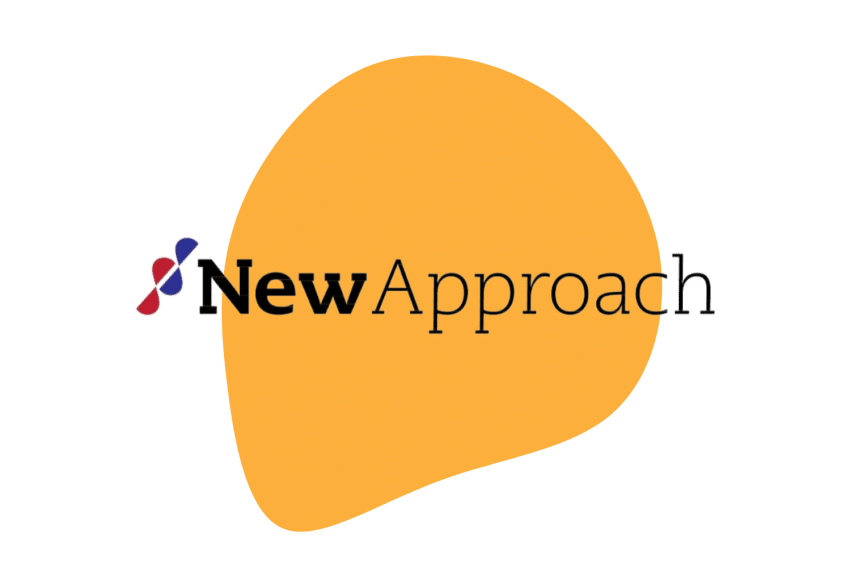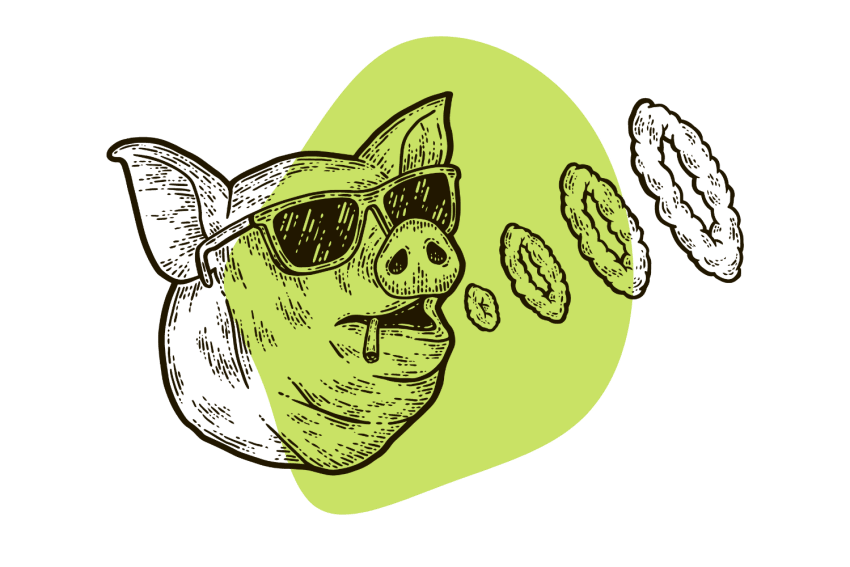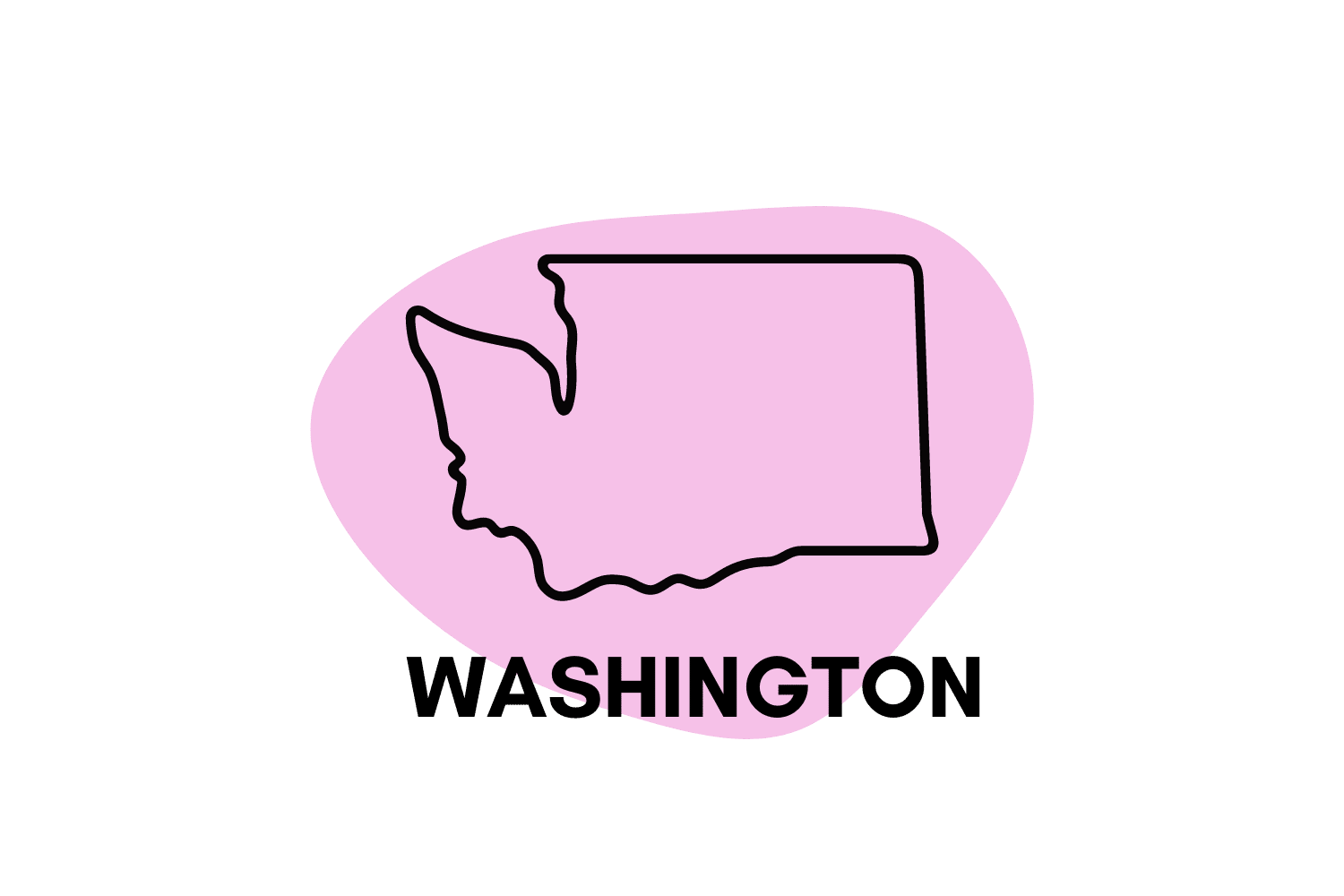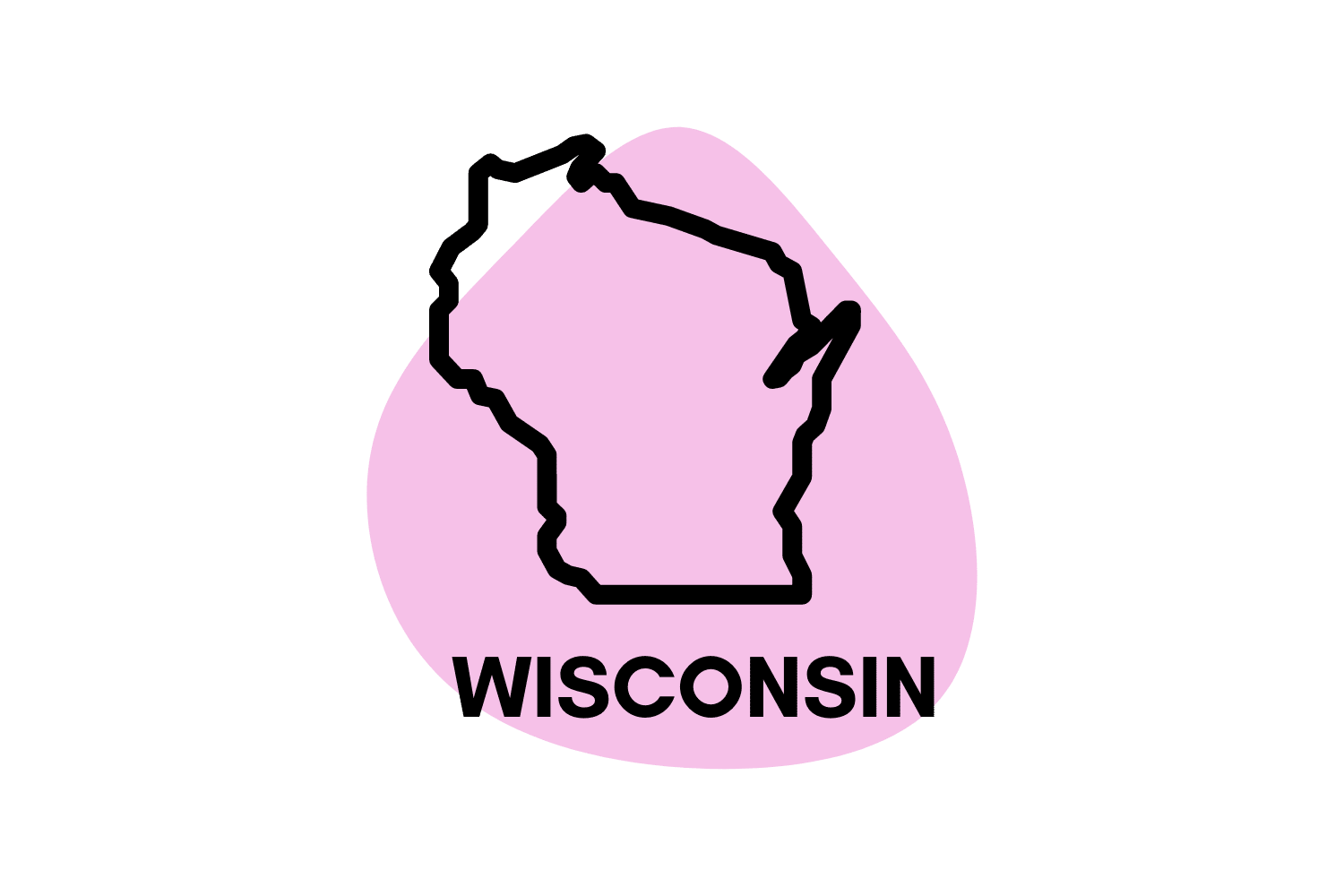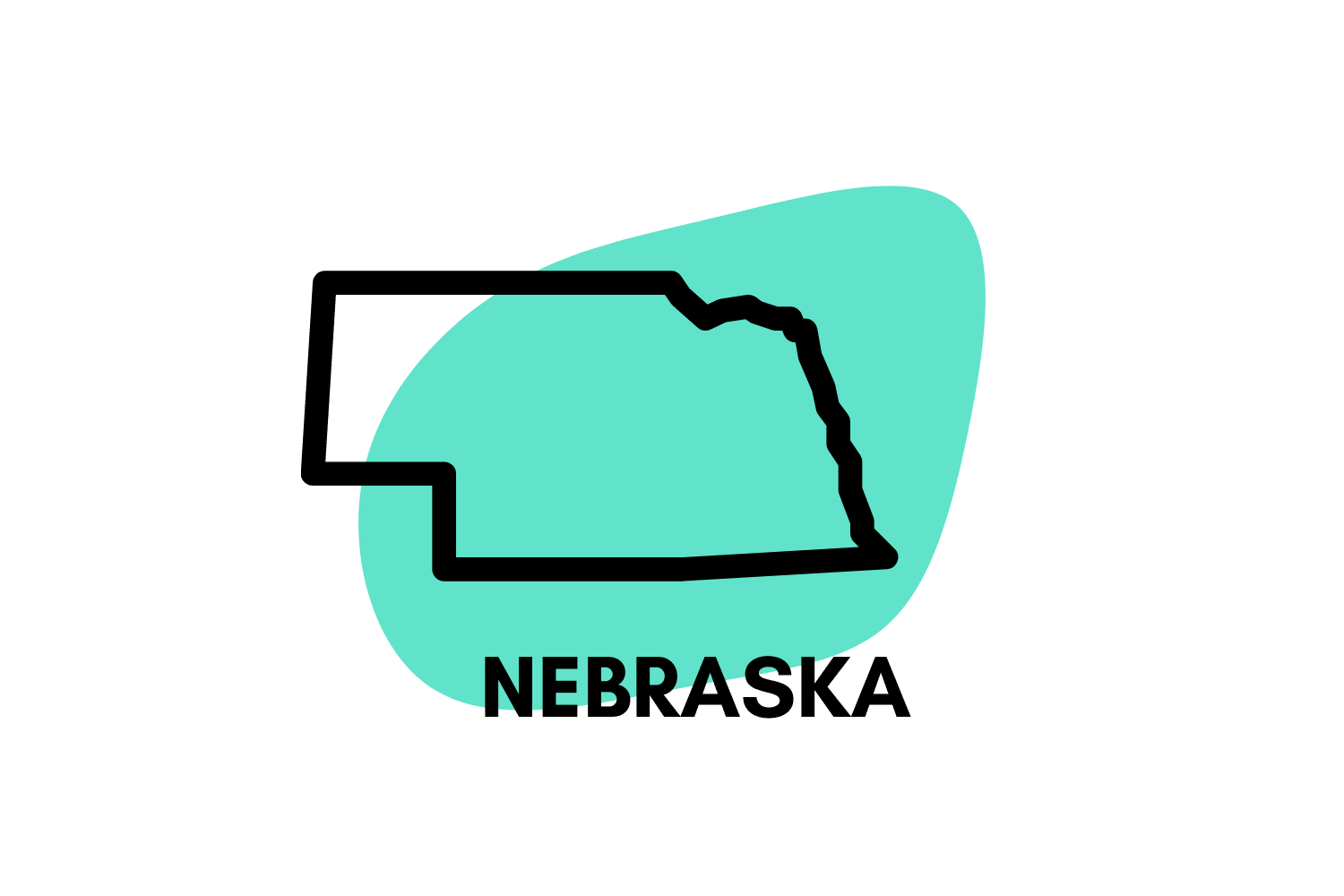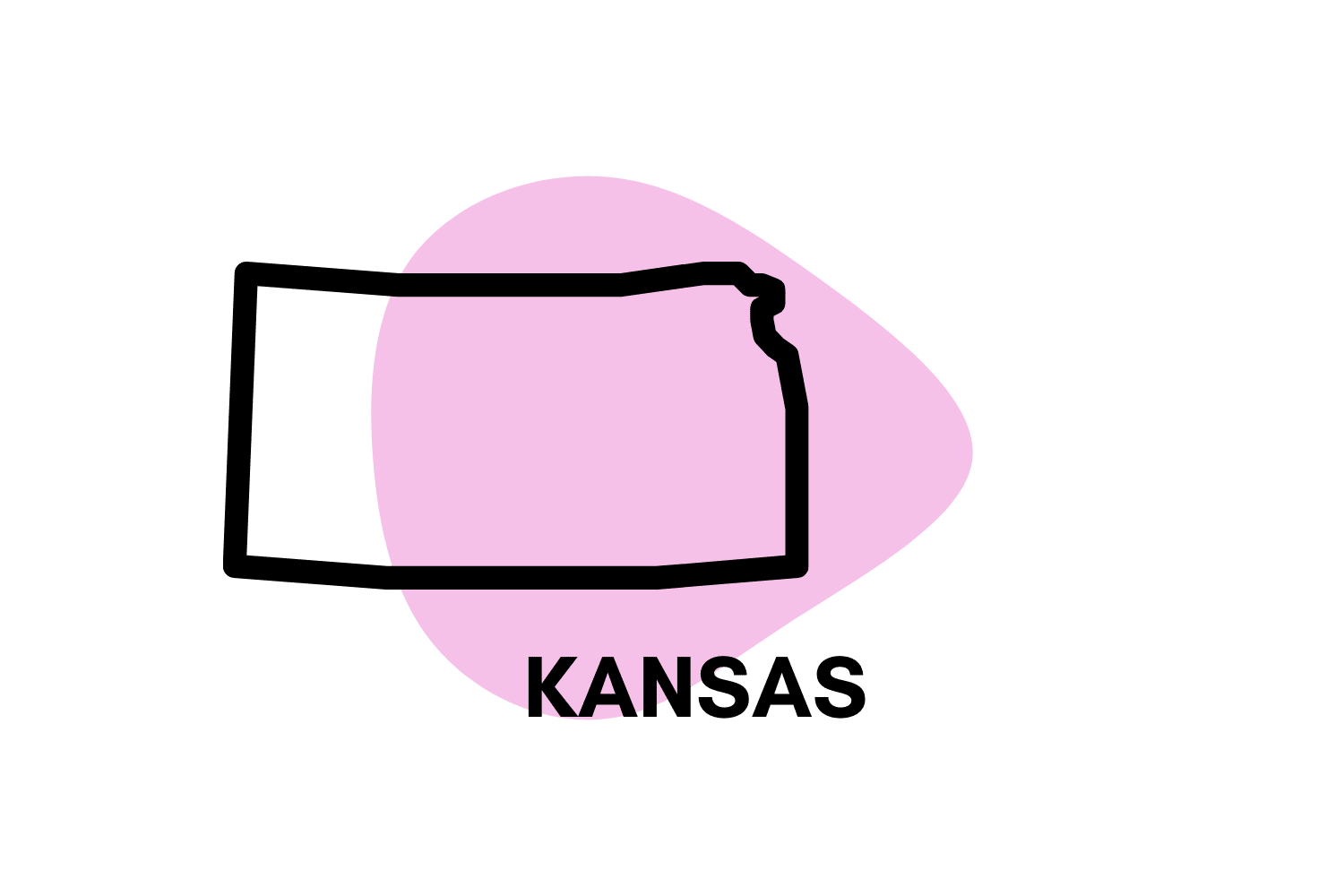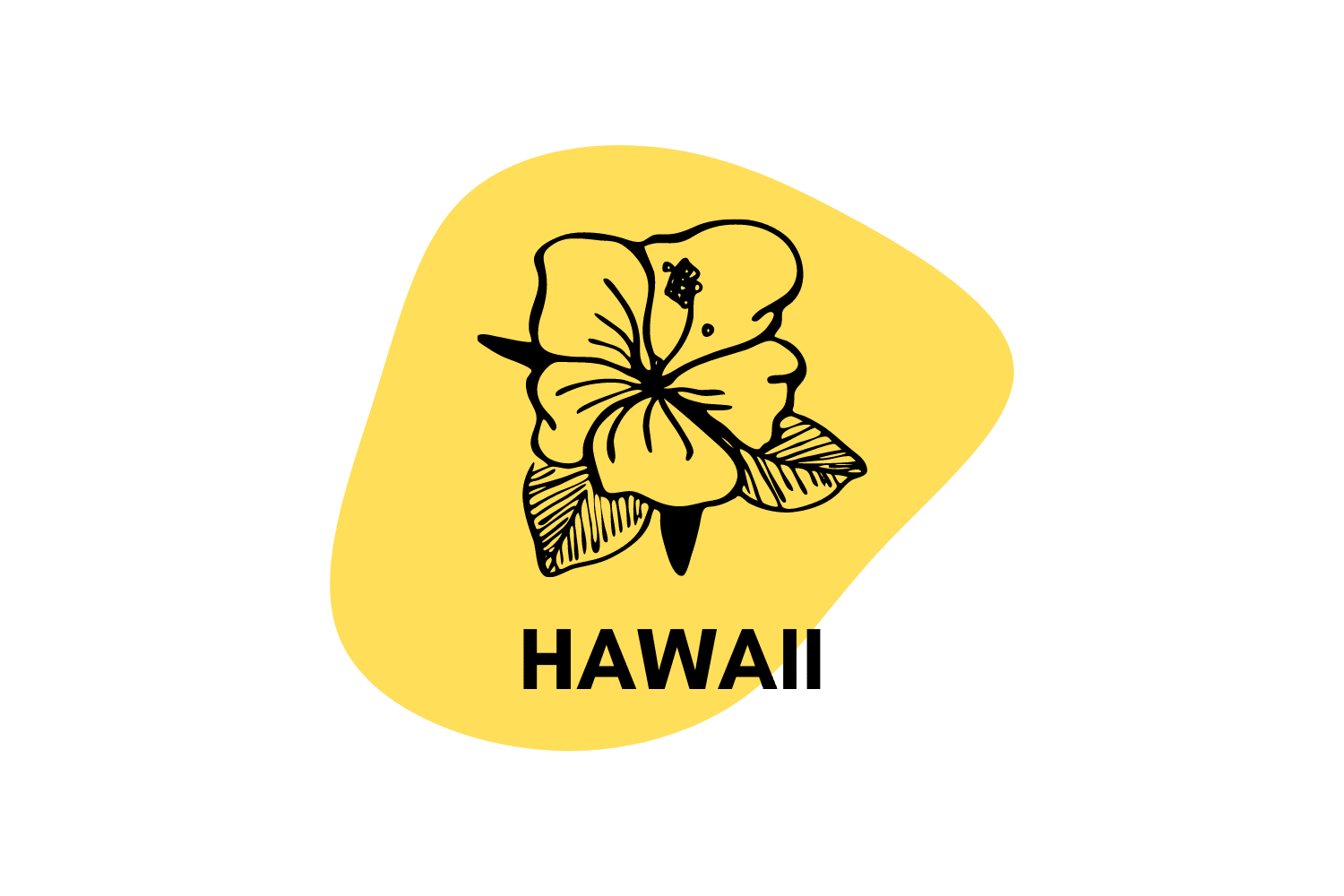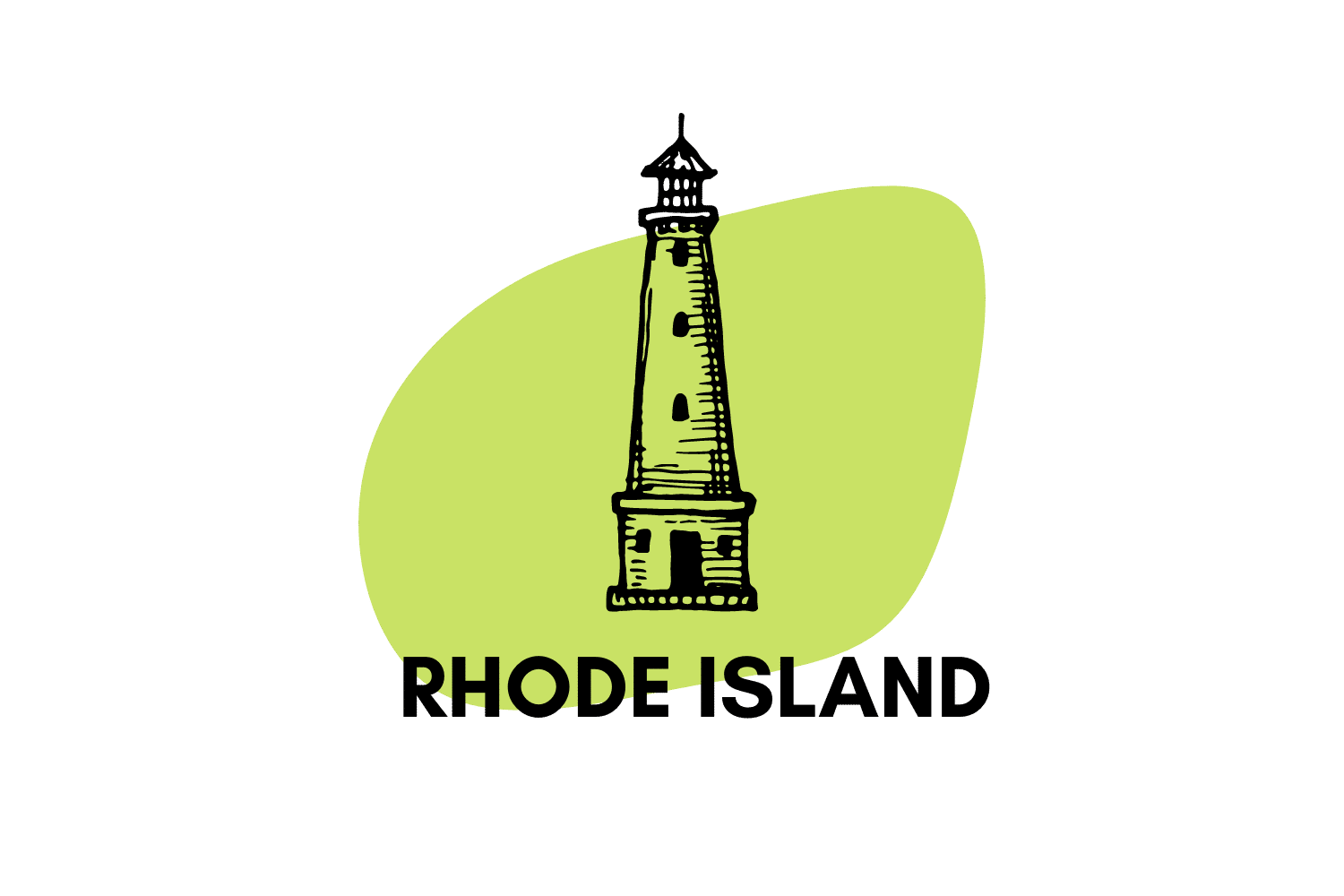Berkeley Health Commissioners Include LSD In Psychedelics Bill Sent to City Council for Approval
Will LSD finally be invited to the decriminalization party?
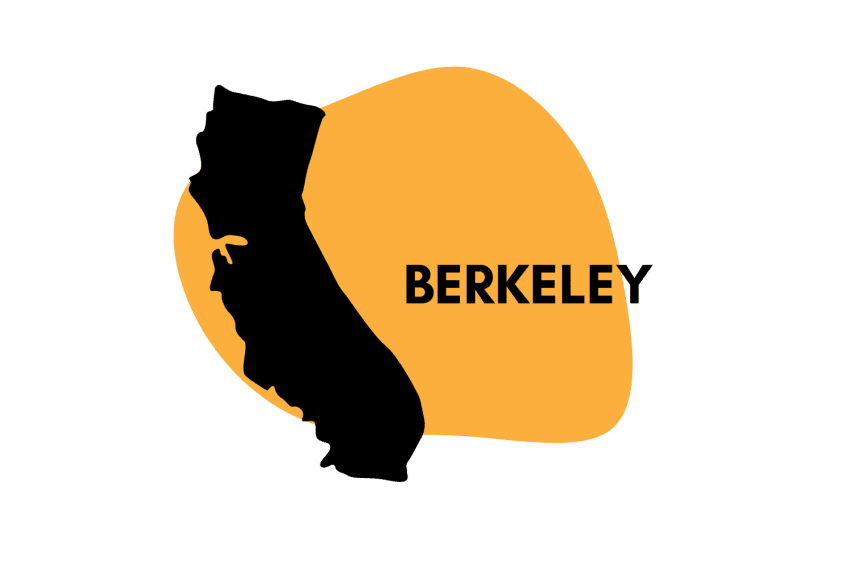
It’s been a little over three years in the making, but a bill to decriminalize psychedelics is finally on its way to the Berkeley, California City Council.
However, there are some significant differences between the bill drafted by Decriminalize Nature in 2019 and the resolution that the Berkeley Community Health Commissioners (CHC) sent to the City Council in November 2022.
Noteworthy changes in the recently submitted bill include the decriminalization of synthetic LSD and removing the legal safeguards for the sharing, giving, and distributing of psychedelics. If the measure passes, Berkeley will be the first city in the country to decriminalize LSD.
We’ll examine the difference between Berkeley’s original proposal and the revision submitted in November 2022. We’ll also look at why LSD was added to the list and give an update on California’s efforts to decriminalize psychedelics statewide.
Berkeley & LSD Go A Long Way Back
It’s only fitting that Berkeley is making a bid to become the first city in the United States to decriminalize LSD. It was once home to what was probably the most prolific LSD operation in the country, run out of a house on Virginia street known as “The Green Factory.”
The house’s proprietor was Owsley Stanley, the sound engineer for one of the era’s most popular psychedelic rock bands — the Grateful Dead. He was arrested and charged with manufacturing methedrine (AKA methamphetamine).
At the time, LSD wasn’t illegal, so the feds charged him with methedrine instead.
Stanley eventually beat the charges and continued to manufacture LSD at The Green Factory until California banned the drug in May 1966. In 1970, the U.S. Congress passed the Controlled Substances Act, which classified LSD as a Schedule I federally controlled substance, making it illegal nationwide.
First Attempt At Decriminalization
The bill headed to the City Council is not Berkeley’s first go at decriminalizing psychedelics. In November 2019, the city attempted to follow in the footsteps of Oakland and San Francisco. Earlier in the year, the two cities passed measures to permit the possession and personal use of plants that contain naturally-occurring psychedelic compounds.
The initial Berkeley resolution was drafted by Decriminalize Nature, a nationwide psychedelics advocacy group based in Oakland. The Oakland decriminalization measure became a model that has been used in 14 other cities — including Oakland and San Francisco — that have successfully decriminalized entheogenic plants.
The proposal maintained that no public funds would be used to arrest or prosecute adults for the possession or use of magic mushrooms or any other entheogenic plants. It also relegated the enforcement of laws restricting the possession, use, planting, cultivation, consumption, sharing, purchasing, transporting, and distribution of the plants to the lowest law enforcement priority.
Berkeley’s Initial Proposal In Limbo for Three Years
The first Berkeley decriminalization proposal was sent to the Berkeley Community Health Commission (CHC) by the City Council for review in November 2019. It languished there for two years. In 2021, Joseph Holcomb Adams and Karma Smart, the two CHC commissioners assigned to study the bill, drafted a version that differed significantly from the original proposal.
How LSD Made Its Way Into the Bill
The Adams/Smart revision of the original proposal replaced the term “entheogenic plants and fungi” with “psychedelic drugs.”
“Entheogenic plants is just sugarcoating for psychedelics,” Adams said.
The new bill relied on the scientific definition of classic psychedelic drugs — substances that trigger a specific subtype of serotonin receptor (5-HT2A) in the brain. These drugs include psilocybin mushrooms, mescaline, DMT, ayahuasca, and LSD.
This change in terminology opened the door for LSD to be added to the list of substances to be decriminalized by the new Berkeley bill. Although it is synthetically produced, it fits the scientific definition of a classic psychedelic.
However, none of the approved psychedelics decriminalization bills across the country include synthetic drugs.
Ibogaine, Mescaline Left On the Cutting Room Floor
Two entheogenic plants — or psychedelics, if you will — removed from the original bill are the Iboga shrub and Peyote cacti.
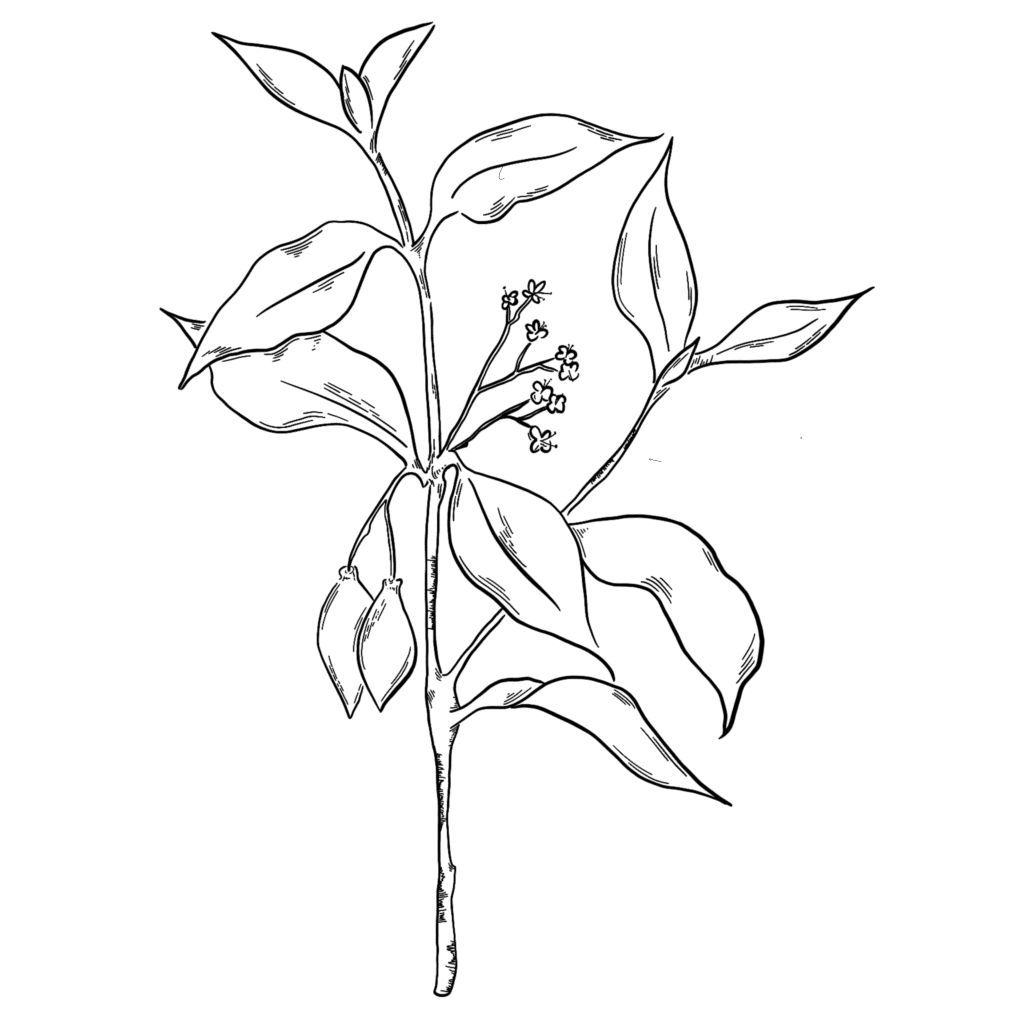
The Iboga plant was removed because ibogaine, the naturally occurring psychoactive compound in the plant, does not work on the 5-HT2A serotonin receptor and is, therefore, not considered a classic psychedelic.
Peyote cacti, which contain the psychoactive agent mescaline, was left out of the latest version of the Berkeley resolution in deference to the National Council of Native American Churches. The organization issued a written statement with the Indigenous Peyote Conservation Initiative in 2021 asking all cities considering decriminalizing psychedelics not to include peyote.
The request to exempt the cactus is to ensure its preservation. “Broken treaties in this land, the preciousness of native traditions, ecological threats to the medicine itself, and the importance of spiritual respect in its use makes peyote a tenuous plant to include explicitly in any decriminalization effort,” the statement said.
Protection For Sharing & Gifting Removed From Bill
Another significant change in the new Berkeley decriminalization resolution is the removal of certain legal constraints.
In the bill sent to the City Council in November 2022, sharing, gifting, distributing, and transporting psychedelic drugs will continue to be a crime.
According to Adams, the CHC was concerned that removing the legal constraints on these activities “would enable the unregulated buying and selling of psychedelics.”
Decriminalize Nature No Longer On Board
Larry Norris, co-founder of Decriminalize Nature — the group that sponsored the original bill — says his group does not support the new measure.
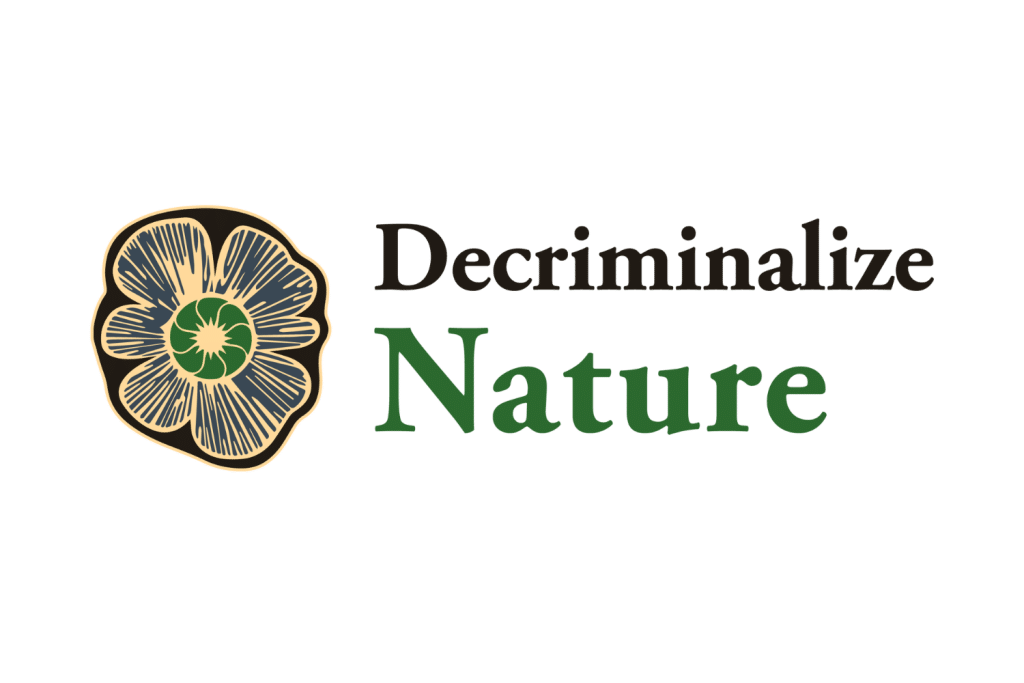
“The rewritten resolution by the Community Health Commission has a lot of unnecessary complexity, requests, and edits and changes the essence of the original resolution, which has proven to be a successful and effective policy,” said Norris.
According to Norris, Decriminalize Nature believes the “simplicity of the original version, removing criminal penalties for growing, gathering, and gifting of natural entheogenic plants and fungi… will have a better chance of passing at council.”
However, according to Adams, the CHC believes removing criminal penalties for the aforementioned activities could create a “gray market” for psychedelics similar to the one that emerged in neighboring Oakland after that city decriminalized psychedelics and in Portland after Oregon decriminalized small amounts of all drugs.
Adams believes that if the new version of the Berkeley decriminalization resolution passes, it may have far-reaching implications. “Our society’s the beginning of this whole conversation,” he added.
The bill is currently under consideration by the City Council.
State Legislator Reintroduces Decriminalization Bill
Meanwhile, California continues to make progress in its efforts to decriminalize psychedelics statewide. In December 2022, Wiener introduced SB-58 to the Senate. This bill would legalize the possession, preparation, obtaining, transfer, and transportation of limited quantities of psilocybin, psilocin, dimethyltryptamine (DMT), ibogaine, and mescaline, for personal use.
SB 58 is sponsored by Heroic Hearts Project, a veteran service organization. The non-profit group facilitates psychedelic therapy for veterans to treat PTSD, depression, anxiety, and other mental disorders. According to Wiener, Heroic Hearts has become “an international voice for veterans demanding effective mental health treatment options.”
In 2021, Weiner introduced the same legislation. It passed the Senate and two Assembly Committees but stalled in the Assembly Appropriations Committee. Wiener eventually pulled the bill and promised to reintroduce it after he garnered more support.
According to Weiner’s Communications Director, Catie Stewart, the Senator believes that SB 58 has an excellent chance of passing this time around “primarily because there is now more acceptance of therapies that use psychedelic plants.”

